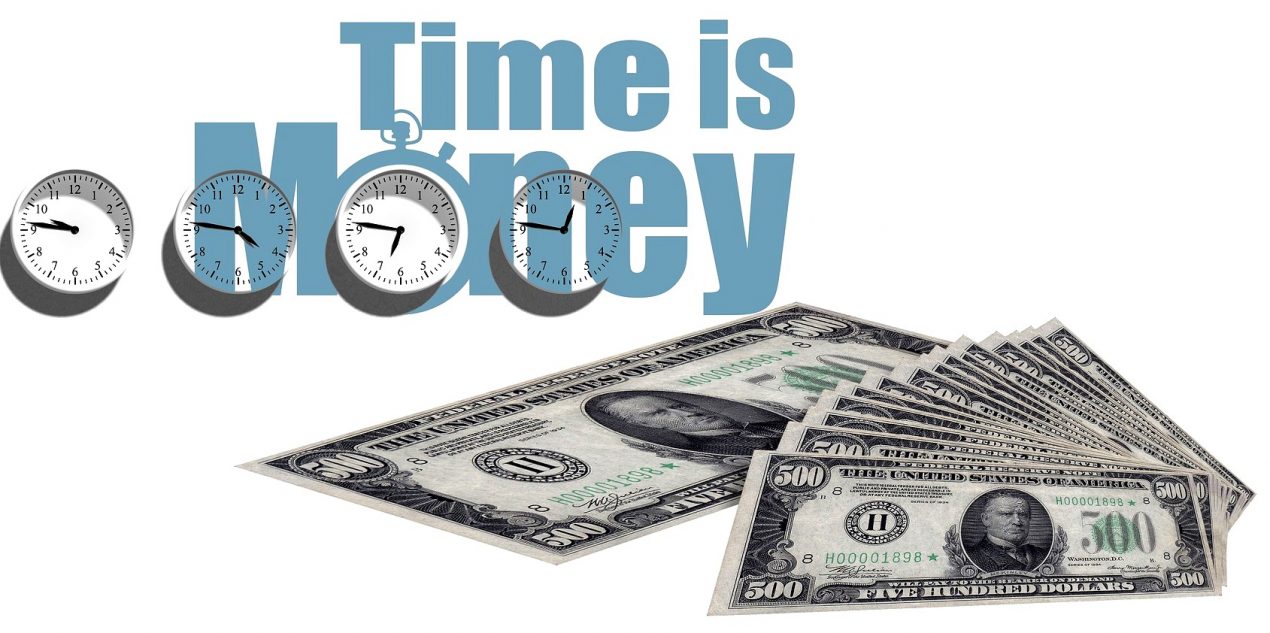“Time is money.” “Use your time wisely.” “Time is your most valuable asset.” “Time is on your side.” “Time heals all wounds.” (Or Time wounds all heal, depending on your cynicism bias.) Time is all you’ve got. And when time is money – how much do meetings really cost?
Many organizations ask the question – how much time is spent on meetings? It is such a hot topic it’s been covered time and time again, in many forums. Every member of an organization needs to keep in mind the following five key factors when scheduling meetings. We’ll use a one-hour meeting as an example for our discussion.
Booking Time
If your organization is anything like ours, you’ve got a couple key players who are tough to nail down. Whether you are scheduling the meeting yourself, or have the luxury of admin support to book them for you, getting the calendars coordinated can be more of a time-intensive challenge than a lot of people give credence. For estimation sake, we’ll say a full fifteen minutes.
Preparation Time
Preparation is vital if you expect to have a productive and worthwhile meeting. General guidance is at least a 1:1 ratio of preparation time to meeting time. So for our example, that means a prep time of one hour.
Meeting Time
And the main course, of course. Use that time to work through the prepared agenda, have the discussion or collaborative work, and create the resulting action items as necessary. One hour.
Recovery Time
Studies show that it takes 23-24 minutes to get our minds back into regular tasks after the large interruption, and the shifted focus, of a meeting. This is different if the meeting is germane to the task you are currently working on. More likely, however, it will be covering someone else’s topic, and it will take a bit of time to get back into your work afterwards. We’ll round to thirty minutes.
Follow-up Time
And then, don’t forget follow-up time. Time is usually required to revisit the action items from the meeting, to gather and review the status of each, and to follow up on any remaining outstanding tasks. We’ll say it takes up to half the time the meeting took, so thirty minutes.
So when all said and done, a 1-hour meeting can soak up three hours to three hours and fifteen minutes of employee time. Multiply this by the number of participants, and then each participant’s hourly cost, and that simple 1-hour meeting can mean significant dollars to the organization. To look at it another way, each one-hour meeting can take up to a third of the employees’ work day.
Every member of an organization should be confronted with the questions: Will an email or phone call get it done? Is the meeting truly necessary?
If you need to have the meeting, then make it as efficient and productive as possible. Be prepared, get to the point, create and keep to the agenda, and then get out. Spend your Time, and the organization’s money, wisely.
Let our professionals deal with it!
